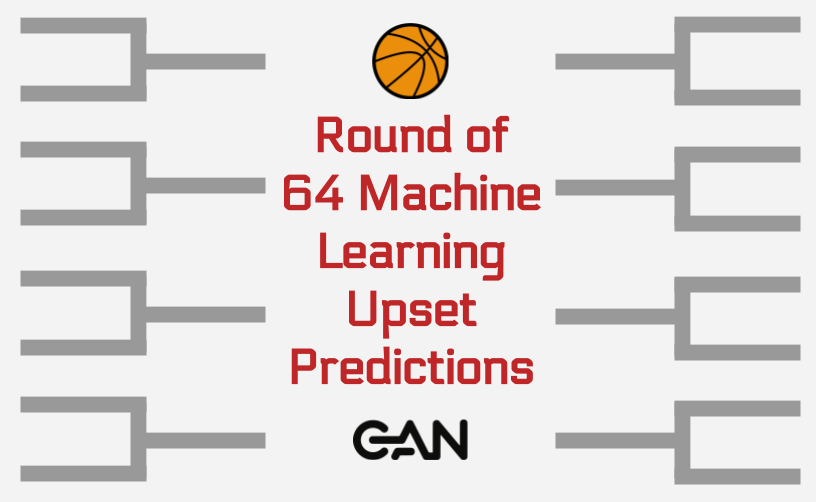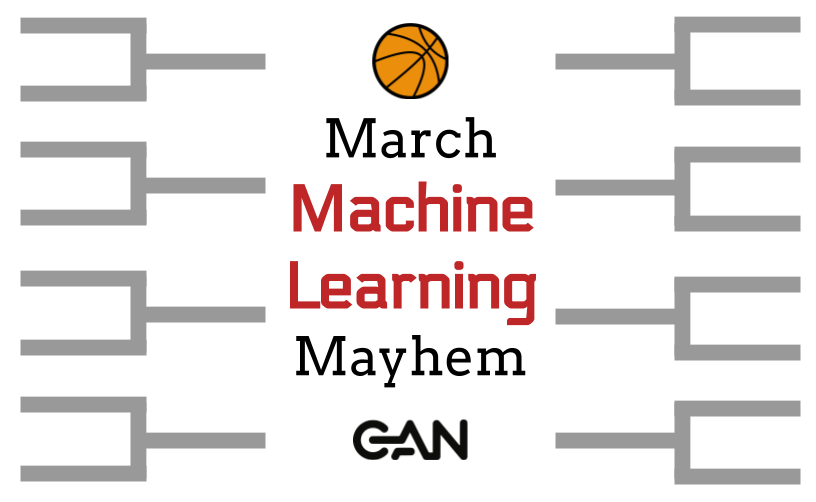by Nate Watson | Mar 25, 2017 | News
We are doing better than anticipated even after the heartbreaker of a game last night between Wisconsin and Florida and are still ahead $165. Here are our Round 4 Potential Upsets: South Carolina over Florida Oregon over Kansas We will have a...
by Nate Watson | Mar 20, 2017 | News
After the first weekend of basketball, our Machine Learning Prediction tool has good results. We had two measures of success: We wanted to win at least 46% of our picks and we wanted to “win” using virtual money bet on the money lines. By both measures, we...
by Nate Watson | Mar 18, 2017 | News
The CAN/Cabri Group Machine Learning Lower Seed Win Prediction tool has made its second round forecast! Without further ado: Wisconsin (8) over Villanova (1) Xavier (11) over Florida State(3) Middle Tennessee (12) over Butler (4) Rhode Island (11) over Oregon (3)...

by Nate Watson | Mar 15, 2017 | News
The Cabri Group / CAN Machine Learning Lower Seed Win Prediction tool has made its first round forecast! Without further ado: East Tennessee St. (13) over Florida (4) Xavier (11) over Maryland (6) Vermont (13) over Purdue (4) Florida Gulf Coast (14) over Florida St....

by Nate Watson | Mar 13, 2017 | News
Machine Learning and the NCAA Men’s Basketball Tournament Methodology <<This article is meant to be the technical document following the above article. Please read the following article before continuing.>> “The past may not be the best predictor of the...


